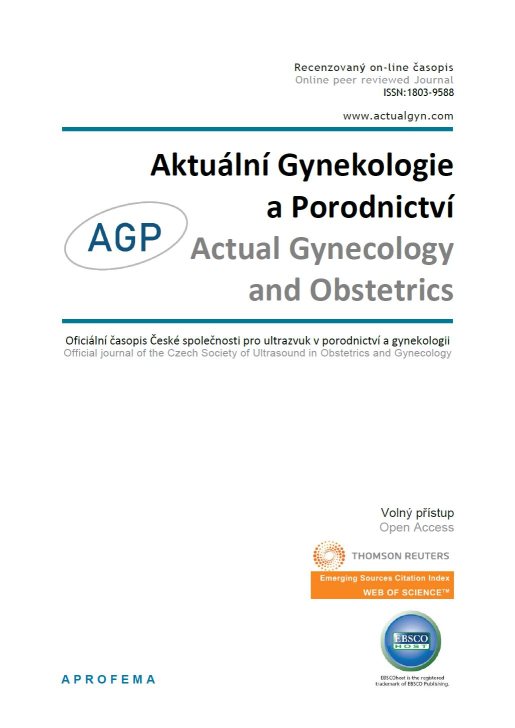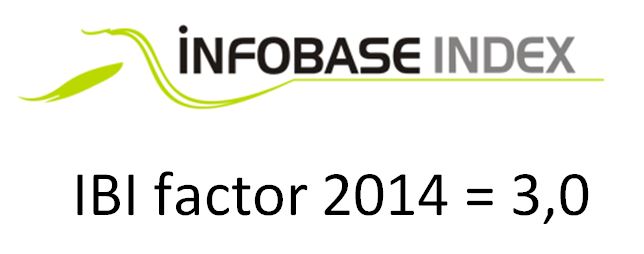











 Official publication of the Czech Society of Ultrasound in Obstetrics and Gynecology.
Official publication of the Czech Society of Ultrasound in Obstetrics and Gynecology.

Anemia in pregnancy is a recognized risk factor for complications in both the fetus and the mother, such as preterm birth, low birth weight, placental abruption, preeclampsia, and postpartum hemorrhage. The most common type is iron deficiency anemia, which accounts for approximately 90% of all anemias detected during pregnancy. The delivery of an anemic woman is classified as high-risk. Every pregnant woman should proactively take 30 mg of elemental iron daily to meet the needs of pregnancy (approximately twice the dose for non-pregnant women). This amount is difficult to obtain, even with a varied diet. The quantity of elemental iron stated in medications does not correspond to its biological availability. The first therapeutic test for anemic women should be oral iron administration. If there is an increase in hemoglobin levels after 4 weeks, it indicates an iron deficiency. Women with confirmed iron deficiency anemia should take 30–60 mg of elemental iron daily. If oral supplements are insufficient, intravenous iron preparations should be considered. Symptomatic pregnant women, with severe anemia (<75 g/l), in the late stage of pregnancy (after the 34th week), or with insufficient response to iron supplementation should be examined by a specialist – an internal medicine doctor, to rule out other causes of anemia. After normalizing hemoglobin levels, supplementation should continue for another 3 months or at least until the 6th week postpartum. Women with a postpartum hemoglobin level <105 g/l should take 30–60 mg of elemental iron daily for 3 months. Parenteral iron administration is the treatment of choice for women with confirmed iron deficiency who have not responded adequately to oral administration or who have not tolerated it (especially pregnant women in the 2nd and 3rd trimesters). Oral and intravenous preparations have a proven effect in treating iron deficiency anemia compared to placebo. Intravenous preparations have a faster onset of action than oral ones and do not require as much patient‘s compliance. Older types of intravenous preparations were more associated with severe complications caused by severe allergic reactions. Blood transfusions should be reserved for women with rapid major blood loss with hemodynamic consequences, at risk of further bleeding, or showing signs of cardiovascular complications.